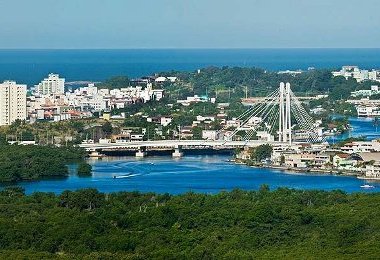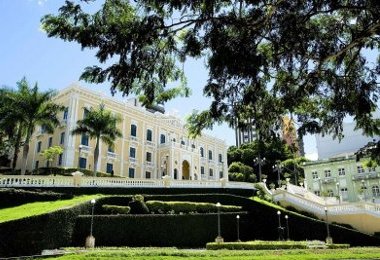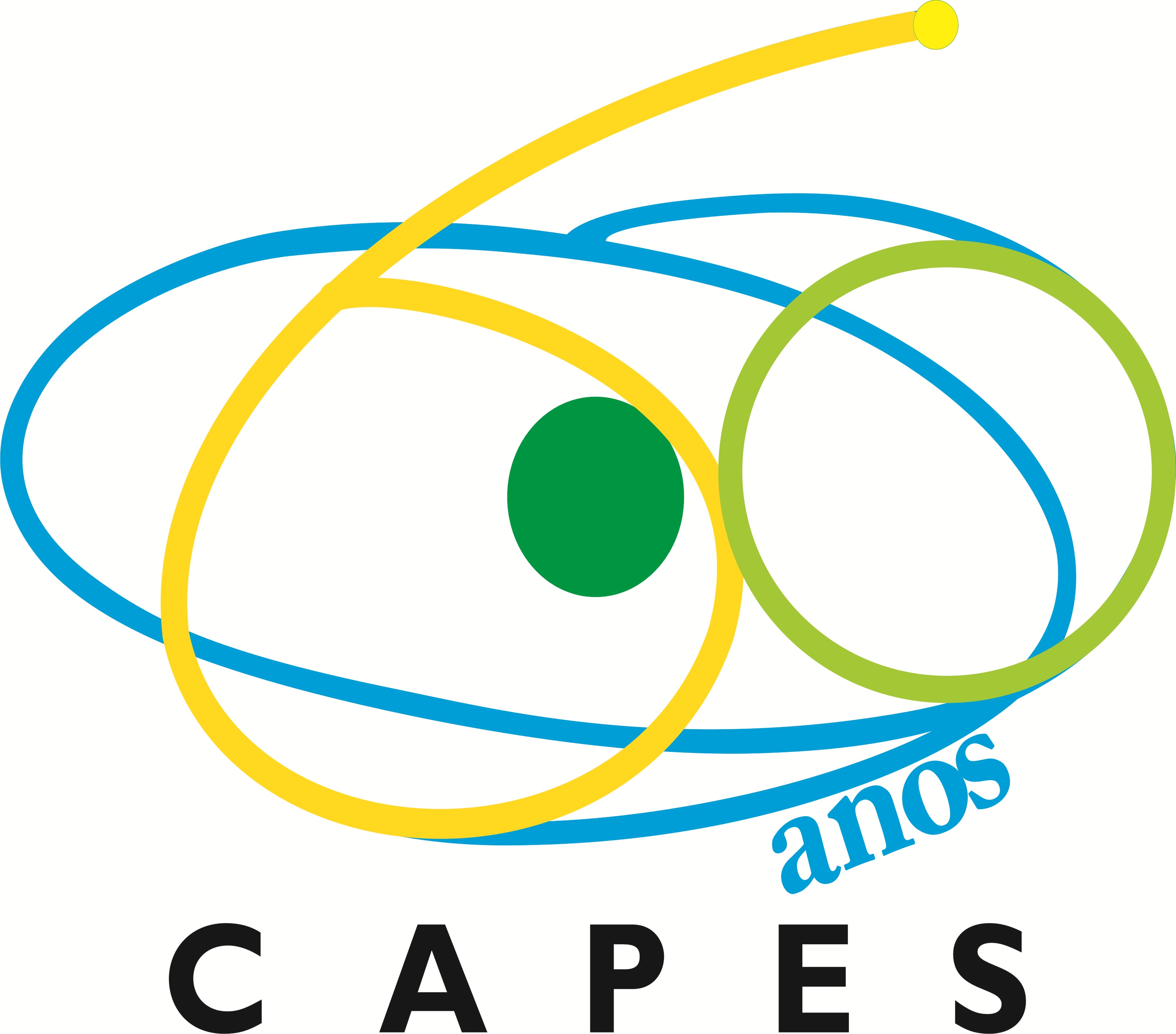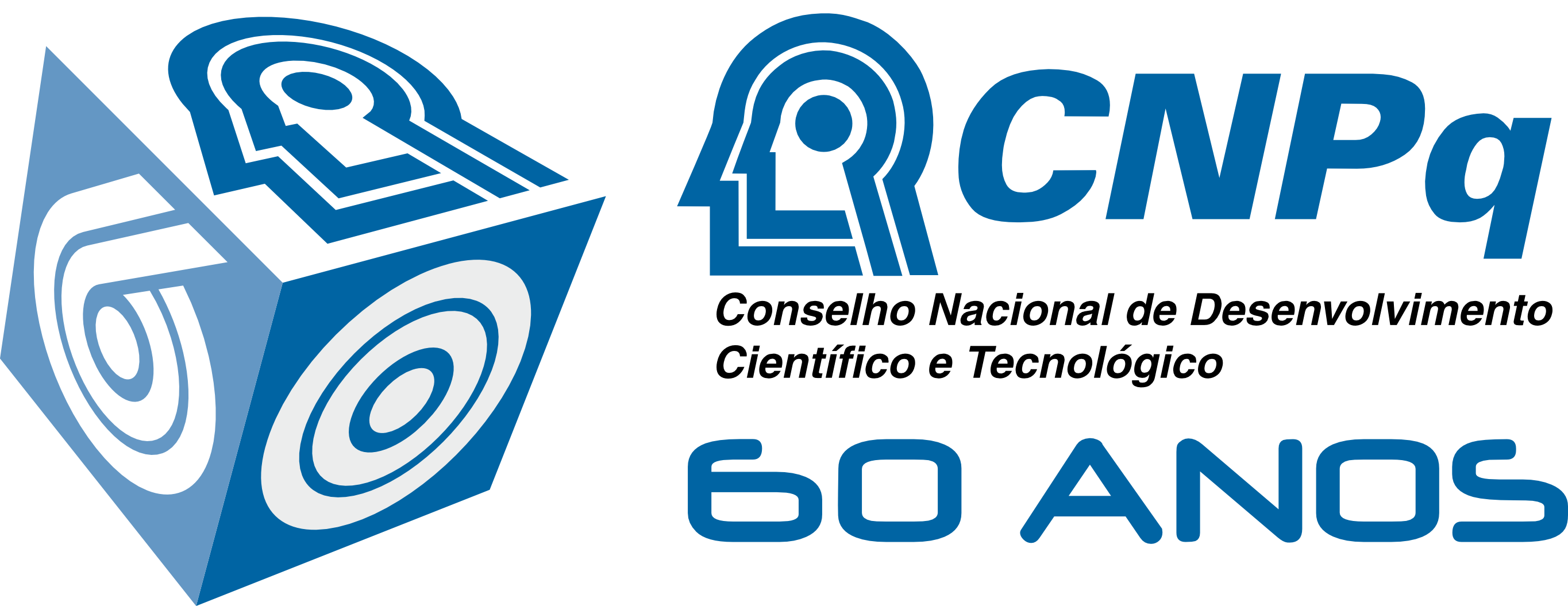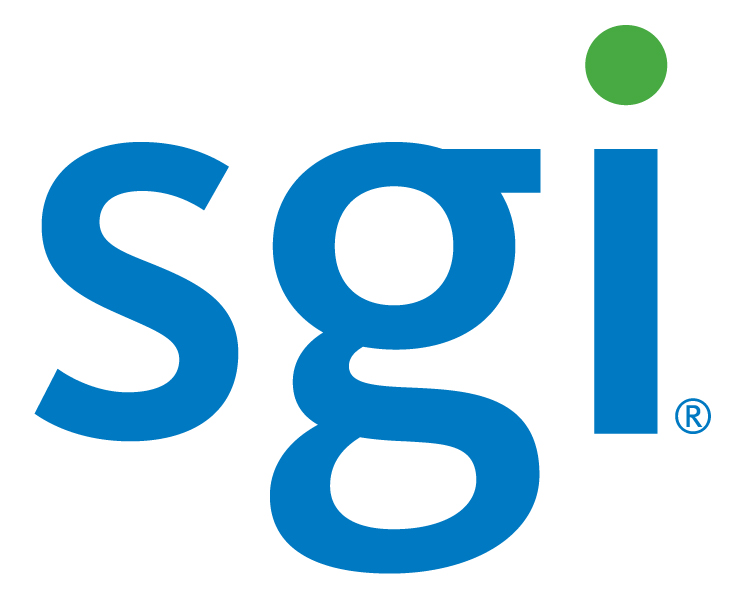Keynotes
Keynote 1:
Jack Dongarra
(University of Tennessee & Oak Ridge National Laboratory, USA)
Title:
Architecture-aware Algorithms and Software for Peta and Exascale Computing
Presentation available here.
Abstract:
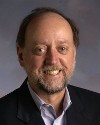
In this talk we examine how high performance computing has changed over the last 10-year and look toward the future in terms of trends. These changes have had and will continue to have a major impact on our software. Some of the software and algorithm challenges have already been encountered, such as management of communication and memory hierarchies through a combination of compile--time and run--time techniques, but the increased scale of computation, depth of memory hierarchies, range of latencies, and increased run--time environment variability will make these problems much harder.
We will look at five areas of research that will have an importance impact in the development of software and algorithms. We will focus on following themes:
- Redesign of software to fit multicore and hybrid architectures;
- Automatically tuned application software;
- Exploiting mixed precision for performance;
- The importance of fault tolerance;
- Communication avoiding algorithms.
Jack Dongarra holds an appointment at the University of Tennessee, Oak Ridge National Laboratory, and the University of Manchester. He specializes in numerical algorithms in linear algebra, parallel computing, use of advanced-computer architectures, programming methodology, and tools for parallel computers. He was awarded the IEEE Sid Fernbach Award in 2004 and in 2008 he was the recipient of the first IEEE Medal of Excellence in Scalable Computing; in 2010 he was the first recipient of the SIAM Special Interest Group on Supercomputing's award for Career Achievement. He is a Fellow of the AAAS, ACM, IEEE, and SIAM and a member of the National Academy of Engineering.
Keynote 2:
Jeannette Wing
(Carnegie Mellon University, USA)
Title:
What's Hot in Computing?
Abstract:

Computer science continues to advance in leaps and bounds. Technology drivers point to new computing substrates, demand intelligent decision-making based on knowledge extracted from massive amounts of data, test our ability to build and reason about cyber-physical systems, and surprise us with the power of human computation. Societal grand challenges transcend our field, as advances in computing can potentially transform society's approach to healthcare, sustainability, transportation, education, and security and privacy. Science questions are foundational to our field as we continue to deepen our understanding of what is computable, what is intelligence, and how to build complex systems simply. As computational thinking pervades all disciplines and professions, our field's educational challenge is to identify appropriate fundamental concepts and abstraction skills of computer science to teach pre-college students.
Short Bio:Jeannette M. Wing is the President's Professor of Computer Science and Head of the Computer Science Department at Carnegie Mellon University. She received her S.B., S.M., and Ph.D. degrees from the Massachusetts Institute of Technology. From 2007-2010 she was the Assistant Director of the Computer and Information Science and Engineering Directorate at the National Science Foundation.
Professor Wing's general research interests are in the areas of trustworthy computing, specification and verification, concurrent and distributed systems, programming languages, and software engineering. Her current interests are on the foundations of trustworthy computing, with a focus on the science of security and privacy.
Professor Wing was or is on the editorial board of twelve journals. She is a member of Computing Research Association Board and the Microsoft Trustworthy Computing Academic Advisory Board. She has been a member of many other advisory boards, including: the Networking and Information Technology (NITRD) Technical Advisory Group to the President's Council of Advisors on Science and Technology (PCAST), the National Academies of Sciences' Computer Science and Telecommunications Board, ACM Council, the DARPA Information Science and Technology (ISAT) Board, NSF's CISE Advisory Committee, the Intel Research Pittsburgh's Advisory Board, and the Sloan Research Fellowships Program Committee. She served as co-chair of NITRD from 2007-2010. She is a member of Sigma Xi, Phi Beta Kappa, Tau Beta Pi, and Eta Kappa Nu. She is a Fellow of the American Academy of Arts and Sciences, American Association for the Advancement of Science, the Association for Computing Machinery (ACM), and the Institute of Electrical and Electronic Engineers (IEEE).
Keynote 3:
Mateo Valero
(Barcelona Supercomputing Center, Spain)
Title:
Towards Exaflop Supercomputers
Abstract:
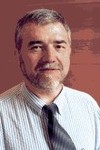
Having recently surpassed the Petascale barrier, supercomputers designers and users are now facing the next challenge. A thousand fold performance increase that if the improvement rate of the last decades continues will be reached around 2018.
Being power the main constraint and facing many hardware challenges, software is probably the biggest one. Worldwide and cooperative initiatives are being started to perform research facing such objective.
The Barcelona Supercomputing Center is involved in such initiatives and carries out the MareIncognito research project aiming at developing some of the technologies that we consider will be of key relevance on the way to Exascale.
The talk will briefly discuss relevant issues, foreseen architectures and software approaches that will have to be developed in order to successfully install and operate such machines.
Short Bio:Mateo Valero, is a professor in the Computer Architecture Department at UPC, in Barcelona. His research interests focuses on high performance architectures. He has published approximately 500 papers, has served in the organization of more than 300 International Conferences and he has given more than 300 invited talks. He is the director of the Barcelona Supercomputing Centre, the National Centre of Supercomputing in Spain.
Dr. Valero has been honoured with several awards. Among them, the Eckert-Mauchly Award, by the IEEE and the ACM, the IEEE Harry Goode, two Spanish National awards, the "Julio Rey Pastor" to recognize research on IT technologies and the "Leonardo Torres Quevedo" to recognize research in Engineering, by the Spanish Ministry of Science and Technology, presented by the King of Spain and the "King Jaime I" in research by the Generalitat Valenciana presented by the Queen of Spain. He has been named Honorary Doctor by the University of Chalmers, by the University of Belgrade, by the Universities of Las Palmas de Gran Canarias and Zaragoza in Spain and by the University of Veracruz in Mexico. "Hall of the Fame", selected as one of the 25 most influents European researchers in IT during the period 1983-2008.
In December 1994, Professor Valero became a founding member of the Royal Spanish Academy of Engineering. In 2005 he was elected Correspondant Academic of the Spanish Royal Academy of Science and in 2006, member of the Royal Spanish Academy of Doctors and member of the "Academia Europaea", the "Academy of Europe". He is a Fellow of the IEEE, Fellow of the ACM and an Intel Distinguished Research Fellow. In 1998 he won a "Favourite Son" Award of his home town, Alfamén (Zaragoza) and in 2006, his native town of Alfamén named their Public College after him.





